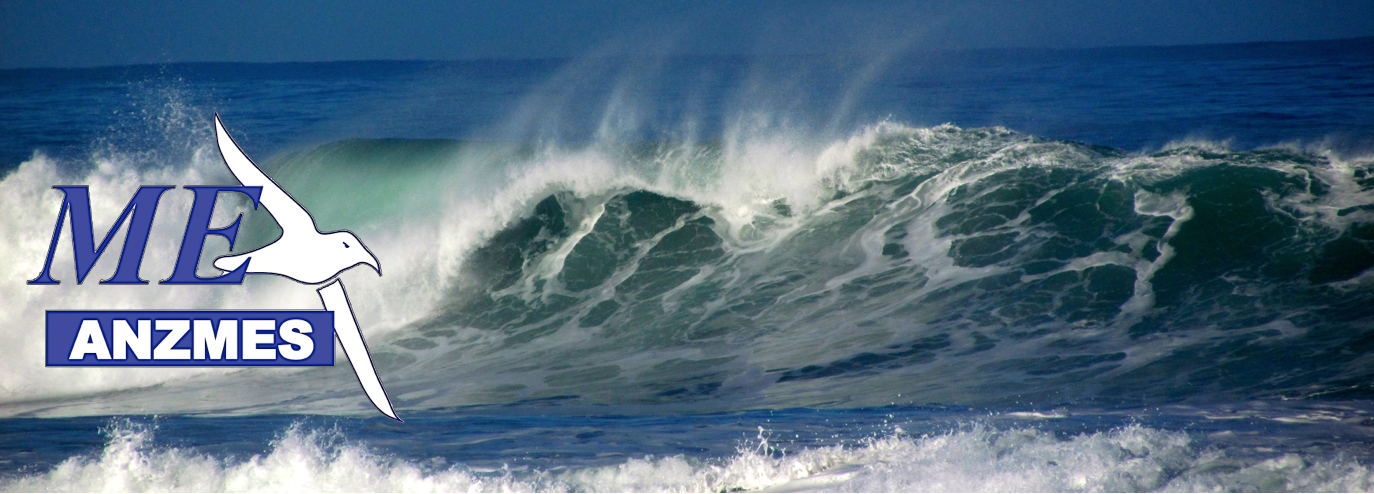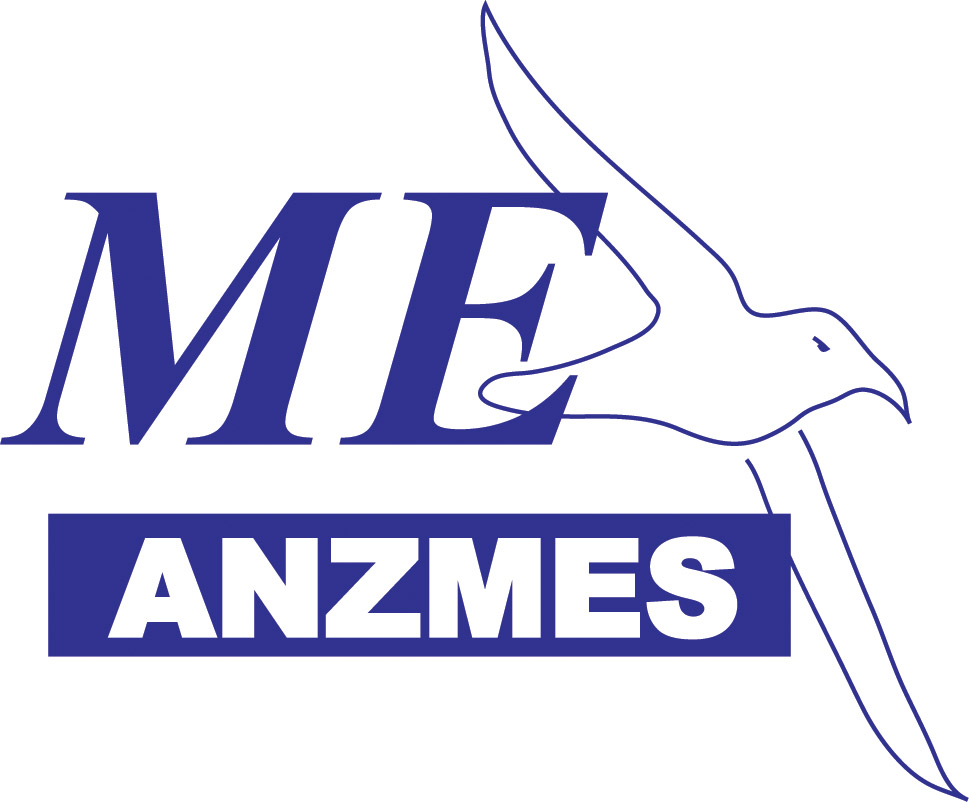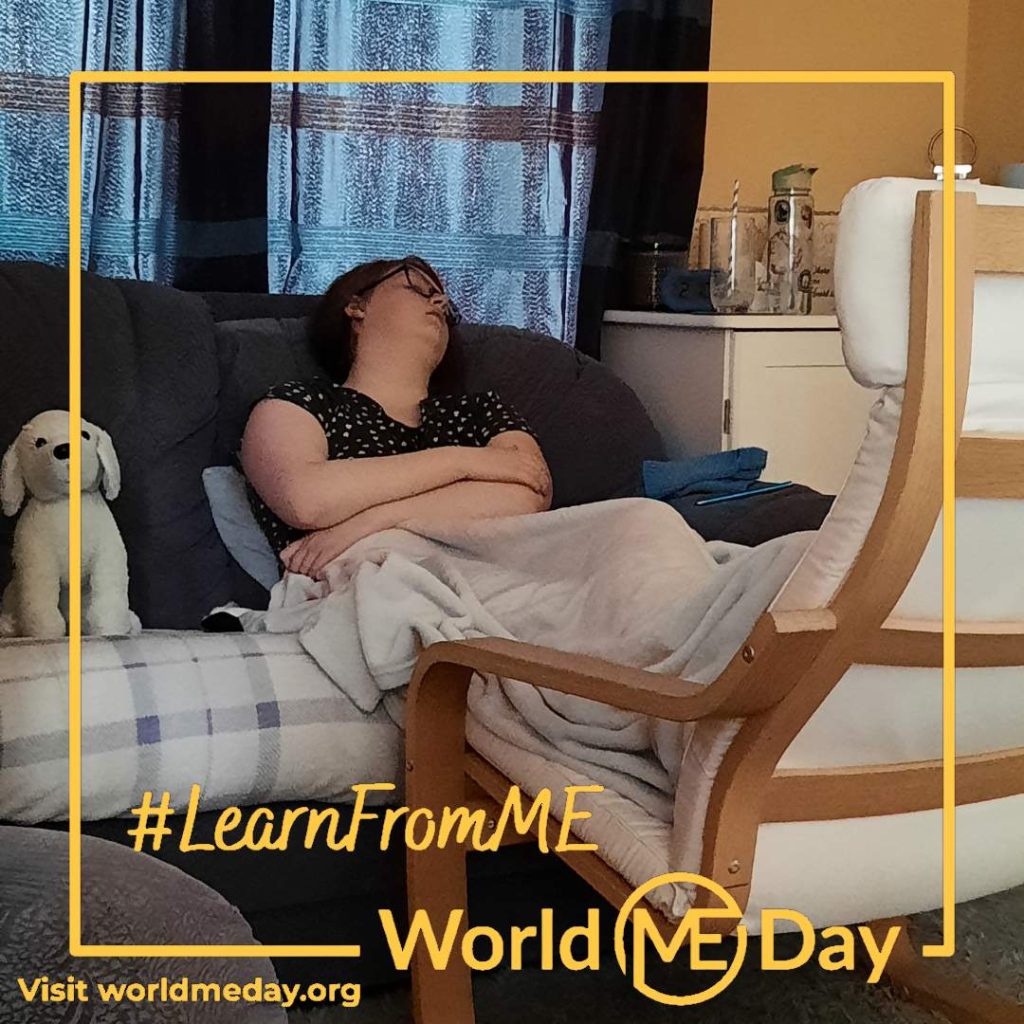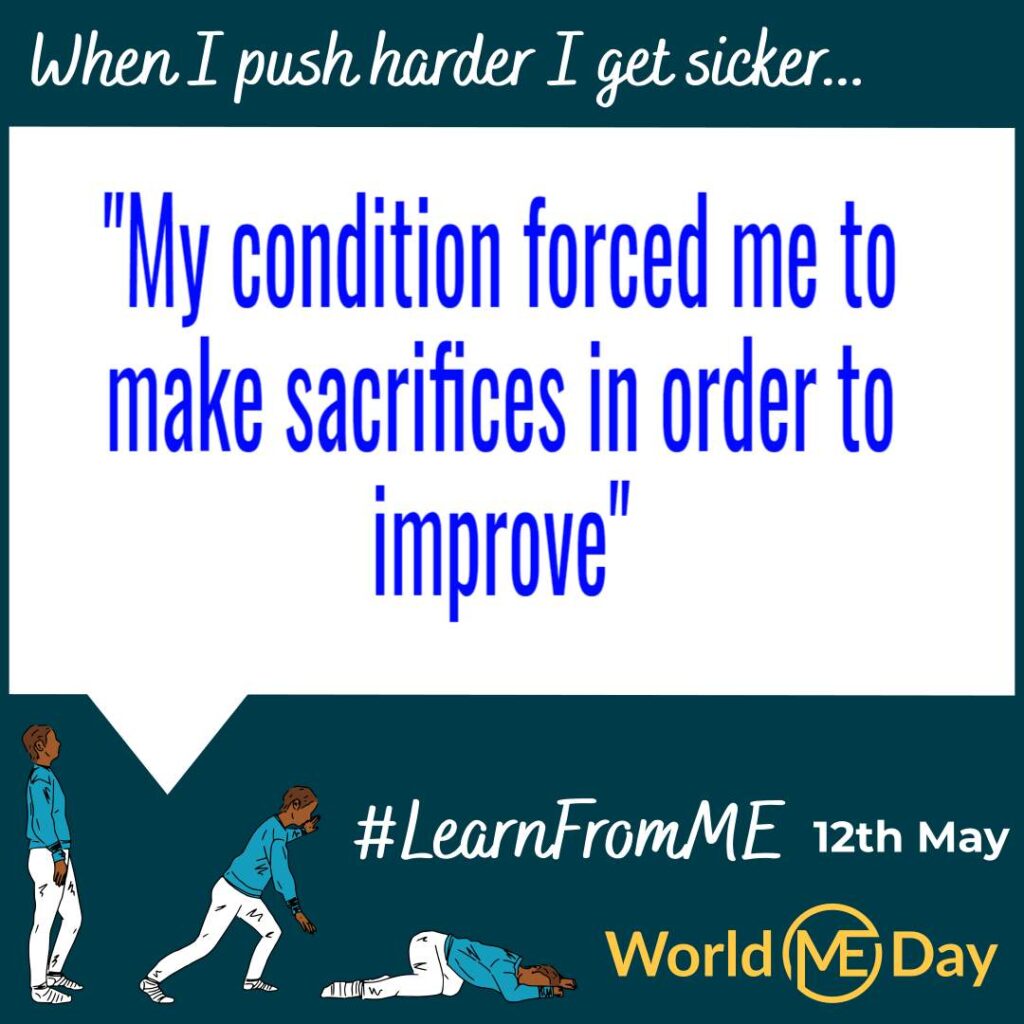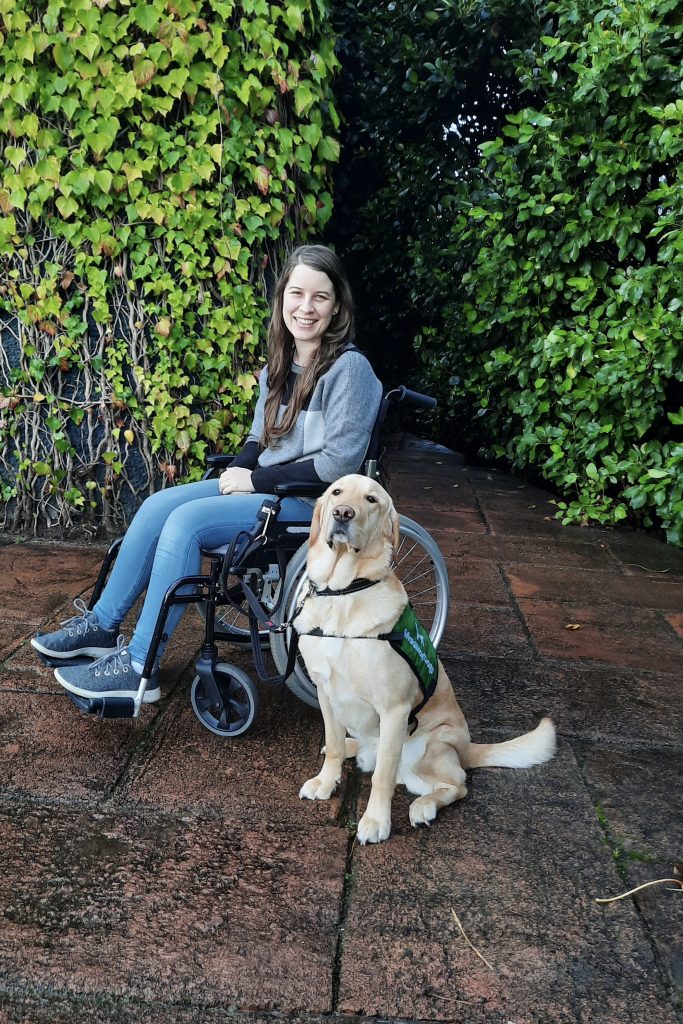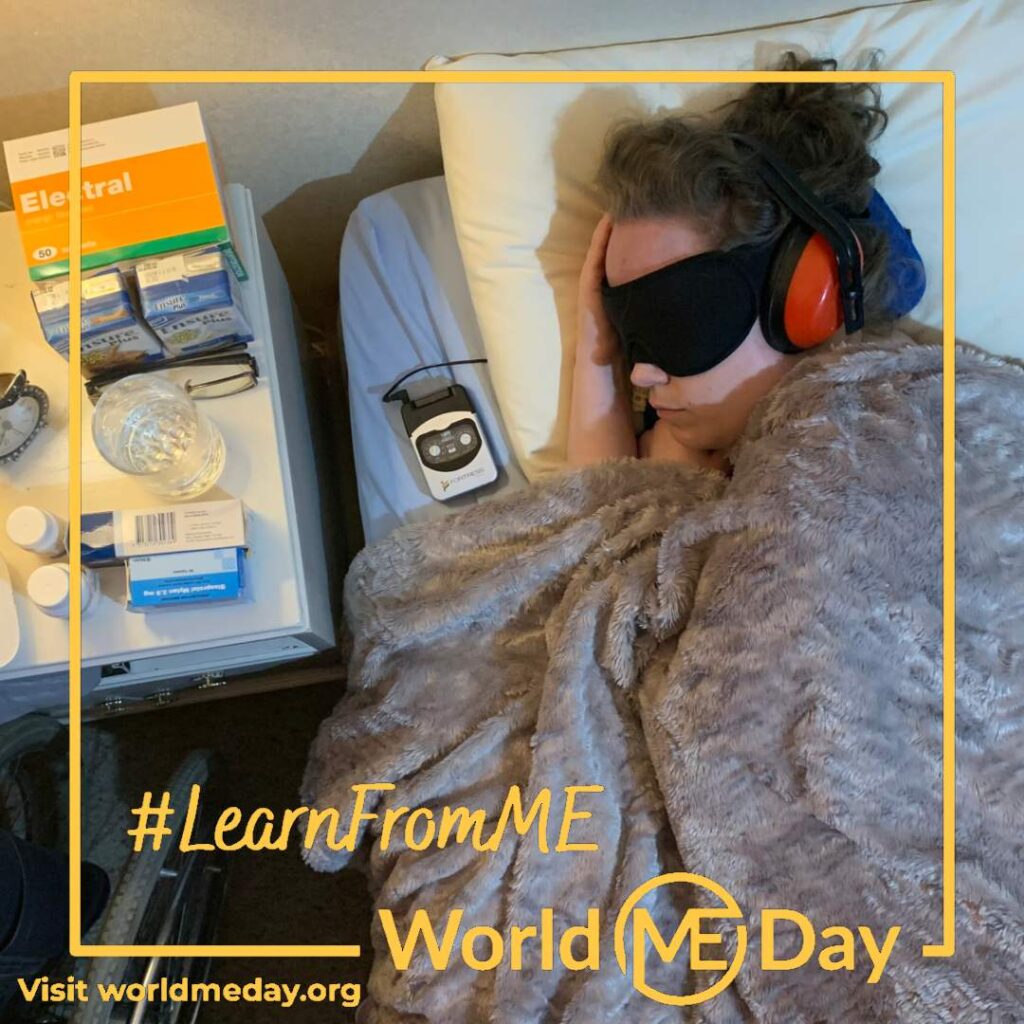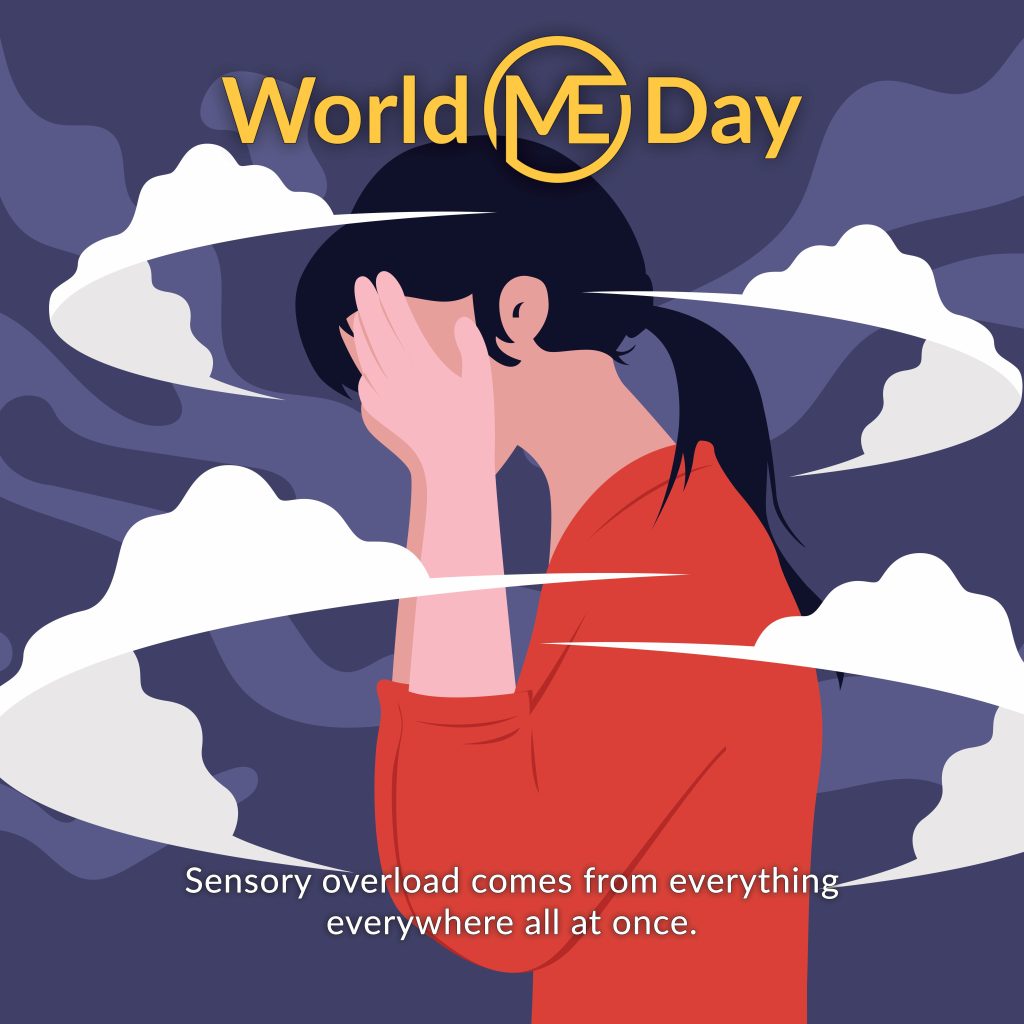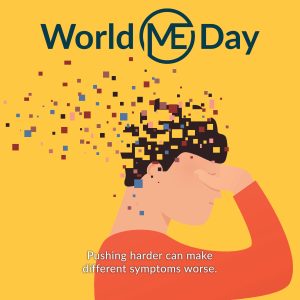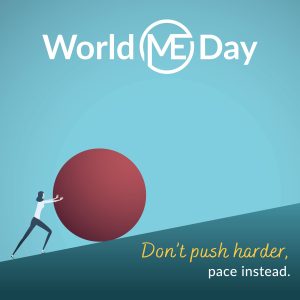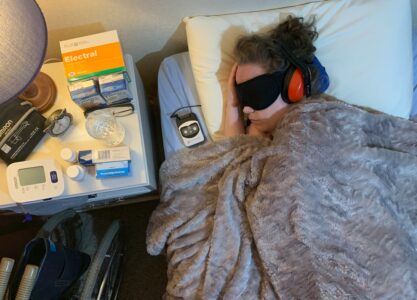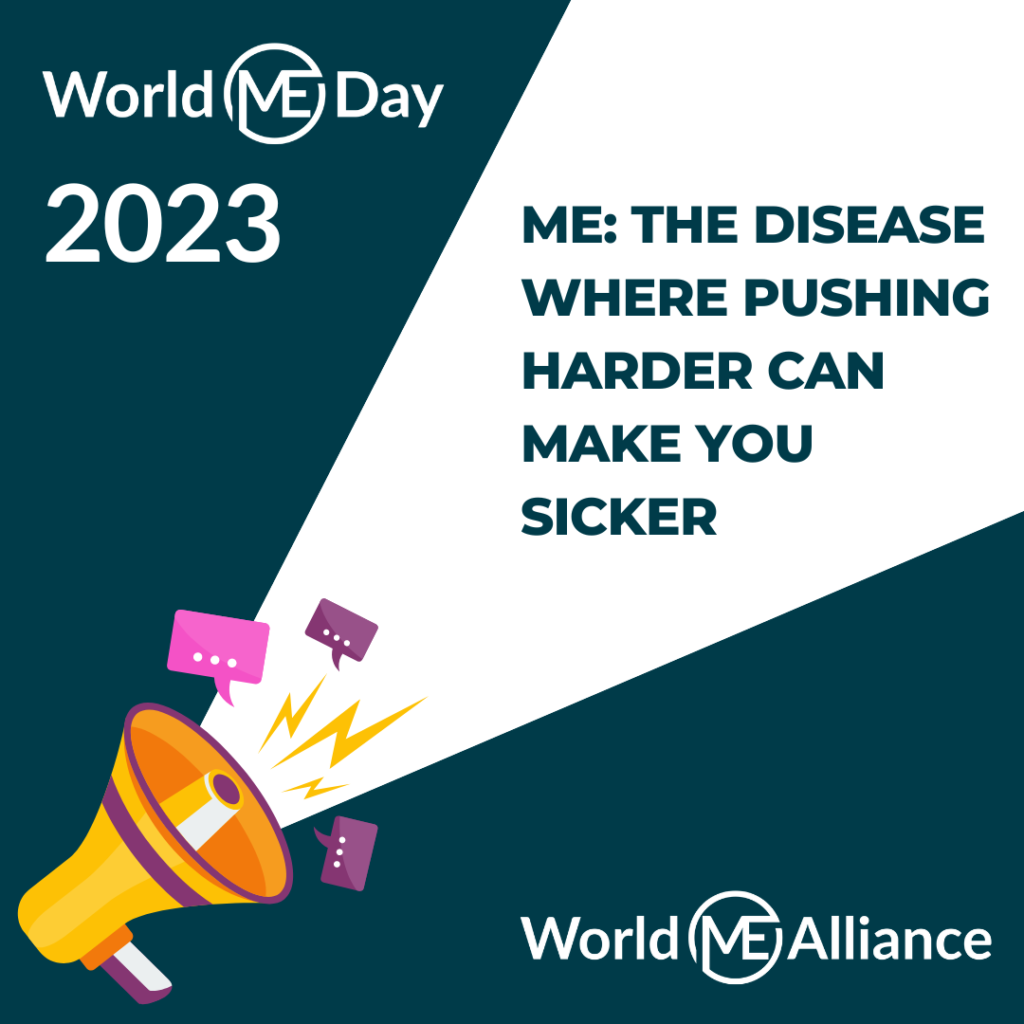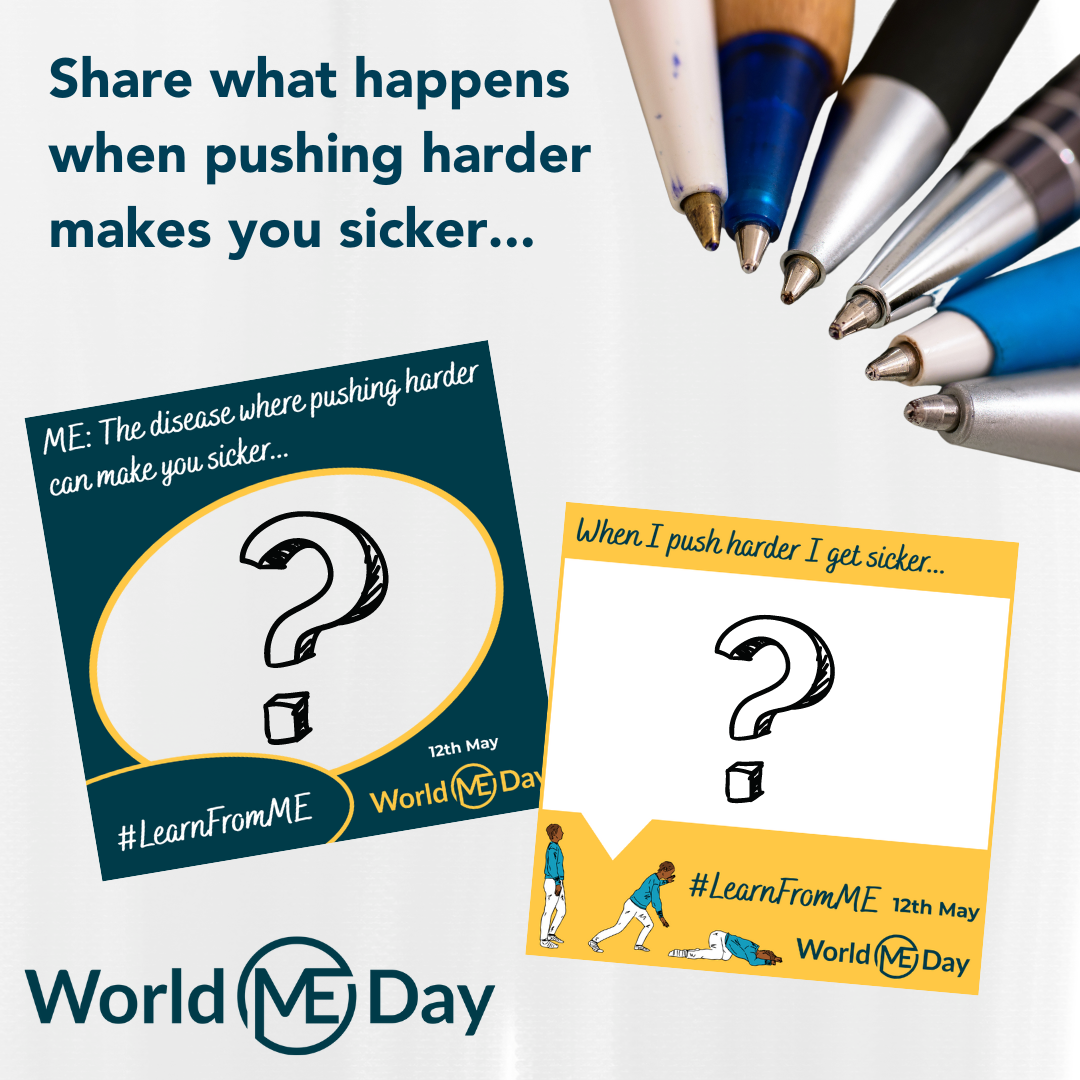The New Zealand Royal Commission has opened an inquiry into the COVID-19 pandemic, seeking to gather information from New Zealanders (individuals and organisations) for their “COVID-19 Lessons Learned” Inquiry to ensure that Aotearoa/New Zealand is as prepared as possible for future pandemics.

Through an online form, which closes 24th March 2024, people can have their say in English, Te Reo Māori, NZ Sign Language, Chinese, Tongan, Samoan, and Hindi: https://haveyoursay.covid19lessons.royalcommission.nz/
The two questions are:
Question 1: Looking back – what would you like the Inquiry to know about your experiences of the pandemic?
Question 2: Moving forward – what lessons should we learn from your experiences so we can be as prepared as possible for a future pandemic?
ANZMES has made a submission in consultation with the Aotearoa/NZ ME/CFS organisations as follows:
As the National Advisory on Myalgic Encephalomyelitis/ Chronic Fatigue Syndrome (ME/CFS), we appreciate the opportunity to provide feedback for the inquiry into the pandemic response, from the perspective of people living with ME/CFS. ANZMES and the regional Aotearoa/New Zealand ME/CFS organisations have been at the forefront of supporting individuals with both ME/CFS and long COVID and advocating for their rights and needs, especially during public health crises, such as the recent pandemic. We provide the following feedback and experiences at the request of our members and the regional organisations.
Question 1: Looking back – what would you like the Inquiry to know about your experiences of the pandemic?
ME/CFS is a debilitating chronic illness characterised by post-exertional malaise (an exacerbation of symptoms after minimal exertion), and a range of other symptoms that significantly impact daily functioning, such as pain, cognitive impairment, and orthostatic intolerance (blood pressure and volume dysregulation). There has been a significant increase in cases of ME with a shift to COVID-19 being the main trigger. There are estimated to be 65 million cases of long COVID worldwide and at least half of these meet the criteria for an ME/CFS diagnosis.1 ME/CFS and long COVID are both post-viral illnesses that benefit from a similar approach to support and management. The National Institute for Health and Care Excellence (NICE) in the United Kingdom acknowledges that the physical symptoms of ME/CFS can be as disabling as those in multiple sclerosis, systemic lupus erythematosus, rheumatoid arthritis, congestive heart failure and other chronic conditions.2 Other research shows that people with ME/CFS score lower overall on health-related quality of life tests than most other chronic conditions. Throughout the pandemic, individuals with ME/CFS have faced unique challenges and vulnerabilities that have often been overlooked in the broader public health response. We highlight the following key areas of concern:
- Lack of nuanced response for prevention and protection: One of the key shortcomings in the pandemic response was a lack of nuanced approach to prevention and protection for individuals with ME/CFS, with a failure to recognise their specific vulnerabilities. This includes the increased potential for severe exacerbation of symptoms following vaccination, due to immune system dysregulation,3 as well as increased risk of post-viral complications. Emerging studies, including patient-led surveys, suggest people with ME/CFS have a higher risk of worsened ME/CFS if infected with COVID-19. For example, an ME Action survey of patients suggested: more than three quarters (76%) of respondents reported that COVID-19 made their ME/CFS symptoms worse. Over two-thirds of respondents said the worsening in symptoms had lasted more than 6 months.4
- Adverse reactions – Despite being given adverse reaction data in November 2020, the Ministry of Health did not act to protect the vulnerable ME/CFS population from subsequent adverse reactions by allowing exemptions to further vaccination without penalty, and by continuing to advise and encourage clinicians to continue to advocate for continual vaccinations despite the harm benign caused at high frequency.
- A belated lowered vaccine dose was offered after most individuals had taken the original dosage multiple times.
- The process of reporting adverse effects (CARM) was overly complicated for ill people, and had to be processed through a GP, when GPs were over-run with COVID-19 cases and not seeing patients. Many did not officially report their adverse effects as a result.
- Consequences of vaccine mandates in people with ME/CFS: A 2021 ANZMES survey of 395 people with an ME/CFS diagnosis highlights the impact of mandates, due to vaccine effect, on the state of ME/CFS illness/wellness, with 60% of respondents experiencing a level of deterioration in their health, with 3.1% experiencing a severe relapse, and a significant number experiencing reduced capacity to work and increased care requirements. People with ME/CFS also raised concerns over difficulties reporting adverse reactions due to the inability to get appointments with their GP and complex Centre for Adverse Reactions Monitoring (CARM) forms that were inaccessible due to neurological symptoms, such as brain fog, experienced by people with ME/CFS. It is also important to note that a small number of individuals with ME/CFS report an improvement in their chronic condition after vaccination, which experts propose is also related to the dysregulated immune system.
- Lack of funding for long COVID support: Many people developed long COVID, however no extra funding was allocated for their care. The regional ME/CFS organisations were unable to access government funding to ensure that there was clinical, mental, and social wellbeing support for people developing long-term post-viral illness. Long COVID has put a strain on existing support services, due to a lack of suitable services available, forcing them to seek help from ME/CFS charities, such as ANZMES and regional support organisations [Complex Chronic Illness Support, ME/CFS Canterbury, ME Support NZ, MEISS Otago & Southland, and Rest Assured Charitable Trust]. Over 20% of Complex Chronic Illness Support referrals are for long COVID – with no dedicated funding to support this increase in demand for support services. People with long COVID and ME/CFS need increased recognition of the disabling nature of their conditions and increased support and this perspective is shared by international public health experts.5
- Lack of consultation: ME/CFS organisations and experts were not invited to join the Expert Advisory Group for long COVID despite being the key source of support for people with long COVID due to decades of experience managing post-viral illness. ANZMES put forward names of expert clinicians and researchers and made considerable effort to make contact with decision-makers to no avail. At the time the public opinion was that this was a “new phenomenon” despite our organisations best efforts to advise otherwise. ANZMES was the first ME/CFS organisation in the world, founded in 1980. CCI Support was formed by ANZMES representatives the following year. ME/CFS Canterbury was formed in 1985. All these organisations have been dealing with diagnosis, treatment, and management of post-viral illness from the beginning.
- Lack of clear communication about post-viral complications: Because of lack of consultation with experts in the field as mentioned above, there were no timely public health messages about the risk of developing long COVID or ME/CFS nor the need to rest to aid recovery and prevent complications. Brief belated guidance about resting was produced but missed the seriousness of what would happen if people ignored this guidance.
- Health protections: Early health protections were beneficial to vulnerable individuals, these include; closing the borders to the Delta strain of the virus, isolation and travel restrictions, increased flexibility of services and workplaces (home delivery, work from home options), mask advice. However, removing the mask mandates and reducing infection isolation times were poor decisions that increased the spread of the virus. Global research shows that despite high vaccination rates reinfection continues to pose a significant threat of post-viral complications with implications for long-term socioeconomic burden.6 7
- Protections have been removed but the pandemic is not over: The threat to public health, in NZ, is clearly ongoing with 5575 cases reported in the last week and 21 deaths attributed to the virus (as at 11/03/2024).8 78% more sick leave was taken in 2022 (than 2020) and wait times for emergency patients were exceeded by 95% of DHBs, in 2022.9 People with ME/CFS and long COVID are more vulnerable to the COVID virus, with hospitalisation a likely outcome, as well as a worsening of their existing symptoms and functional capacity. This has led to a greater number of people living with ME/CFS and long COVID in continued isolation, beyond original lockdowns, to protect themselves from an ongoing threat. This affects income, socialisation, mental health, and ability to carry out normal activities, such as grocery shopping or attending GP clinics. The removal of mask mandates acts as an additional barrier to healthcare access for vulnerable people with ME/CFS as there is an increased risk of infection with lack of certainty that staff will use high quality masks (N95/P2/FFP2) during consultations.
- The Aotearoa COVID Action group has developed an 11 point COVID plan10 that includes practical steps to improve protection against the virus that would be of benefit to people with ME/CFS, such as mask mandates in high risk facilities, clean indoor air policies, increasing access to treatment and patient-led long COVID services. We support and encourage the implementation of these strategies.
Question 2: Moving forward – what lessons should we learn from your experiences so we can be as prepared as possible for a future pandemic?
Individuals with ME/CFS are often marginalised and their needs inadequately addressed in public health planning. Research highlights a disparity between government funding and level of disease burden for ME/CFS, in comparison to other chronic illnesses.11 There is a pressing need for comprehensive planning around post-viral illness for a future pandemic.
Post-viral illness is not new.
Research has shown that viral infections can trigger the onset of ME/CFS12 13 and it is likely that the current pandemic will lead to an increase in cases in the years to come. Post-viral illness is not a new condition and we need to look at the past to plan for the future. Previous pandemics, such as the Spanish flu of 1918, the UK Royal Free Hospital viral outbreak of 1955, Incline village/Lake Tahoe, Nevada, USA mystery virus, and the Tapanui flu in New Zealand in 1984,14 have left a lasting legacy beyond the immediate impact of the viral outbreak. Studies and historical records indicate a pattern of post-viral illness among survivors.15
It is essential that public health authorities develop strategies for early identification, diagnosis, and management of post-viral illness, including appropriate support and resources for individuals with ME/CFS. International best practice guidelines recommend early diagnosis and intervention with a multidisciplinary team of healthcare professionals in order to improve outcomes.16 17 18
If best practice guidelines are not followed appropriately there is great potential for harm because patients with post-viral illness who ignore or push through their symptoms can worsen their condition, often becoming bedridden.19
The World ME Alliance has issued a statement in response to the United Nations General Assembly, which adopted a Political Declaration on Pandemic Prevention, Preparedness and Response, calling for future pandemic planning to address infection-associated chronic conditions.20 Their statement highlights the urgency of the situation, according to recent research: “Globally, more than 65 million people are now living with long COVID, of whom 50% meet the criteria for a diagnosis of ME/CFS.”21
In New Zealand this is estimated conservatively to be around 400,000 people who will experience long COVID.22
Improving post-infectious disease management now will enable better preparedness for future outbreak events. This includes ensuring that information released by the health authority on ME/CFS and long COVID follow best practice. ANZMES recently sent best practice guidelines to Te Whatu Ora/Health NZ, the medical associations, councils, and schools and believe this document needs to be adopted immediately.
Funding for research and support services needs to be allocated by the government to address the demand occurring now. With these established practices and services in place and readily available in primary and secondary care, there will be no need to rush to set things up during the next outbreak, and new infections can be treated through the existing model. Appropriate tracking of prevalence and outcomes should be a routine part of this process.
We submit the following recommendations for consideration:
- Inclusion of ME/CFS and long COVID as a priority population in public health planning and response efforts with tailored guidance and support for prevention and protection, with a focus on early intervention, education around the impact of ignoring best practice, and support for affected individuals.
- Investment in research to better understand the relationship between viral infections, including COVID-19, and the onset of ME/CFS, as well as the development of effective treatments.
- Investment in specific vaccine immune response research in people with ME/CFS and long COVID as a priority so that evidence-based advice can be provided. This would include using less reactogenic protein vaccines such as XBB Novavax over mRNA vaccines.
- Make XBB Novavax or protein vaccines available for vulnerable populations such as ME/CFS and long COVID.
- Ensure transparency around reported harms.
- Increase access to funding and support for people with post-viral illness by reclassifying ME/CFS as a disability and removing eligibility barriers to financial aid.
- ANZMES is utilised in an advisory capacity by all health and related agencies, and the best practice guidance is adopted by all.
- Establishment of a post-viral or post-infectious centre of excellence, which includes:
- Medical arm to assess and triage patients via telehealth.
- Educational arm to provide the latest evidence-based information for health professionals, benefit assessors, insurers, employers, educational institutes.
- Support arm to assist with financial, employers, educational adaptations.
- Research arm to develop more effective management/treatment/cure that is prepared for immediate action, based on meaningful longitudinal studies – saving resources by avoiding unnecessary repetition of existing ME/CFS studies with long COVID cohorts.
ANZMES, as the National Advisory, already provides education, research funding and generation, and represents the national and global voice for people with ME (and supports those with long COVID and associated conditions) and is well positioned to take on the role of the Centre of Excellence with the appropriate infrastructure development through governmental funding and support.
By addressing the unique challenges and vulnerabilities faced by people with ME/CFS, we can ensure a more inclusive and effective public health response to future pandemics. We would welcome an opportunity to be involved in an advisory panel, to offer the wisdom and best practice requirements for this pandemic response and future viral outbreaks.
Who are ANZMES?
We are the National Advisory on ME in Aotearoa/New Zealand. With four decades of knowledge and experience, we are the trusted leaders in ME education, representation, and research. Our expertise comes from a reputable medical team of advisors, including a world renowned expert and MNZM recipient, a fellow of the Royal NZ College of General Practitioners (RNZCGP) and a network of academic researchers, clinicians, and representatives from the ME community. The executive committee comprises experts in their respective fields for governance, policy, leadership, representation, and education.
Always a trail-blazer, it was the first ME charity of its kind in the world, established in 1980, as ANZMES, to provide support, information dissemination, and representation, achieving past outcomes through dedication, passion, time, and knowledge of lived experience. Today, the organisation leads as a RNZCGP Continuing Medical Education (CME) Registered Provider, proud funder of vital research, and steward of the community voice.
We continue to disseminate evidence-based information nationally, and represent the ME voice globally as a founding member of the World ME Alliance through advocacy and leadership. ANZMES latest education programme – Know M.E. – is a video podcast and news series featuring up-to-date, evidence based research and information on ME and Post COVID Conditions.
References:
- Davis, H.E., McCorkell, L., Vogel, J.M. et al. Long COVID: major findings, mechanisms and recommendations. Nat Rev Microbiol 21, 133–146 (2023). https://doi.org/10.1038/s41579-022-00846-2
↩︎ - Hvidberg, et al (2015). The health related quality of life for patients with myalgic encephalomyelitis / chronic fatigue syndrome. https://journals.plos.org/plosone/article?id=10.1371/journal.pone.0132421
↩︎ - Walker, MOM, Peppercorn K, Kleffmann T, Edgar CD, Tate WP (2023) An understanding of the immune dysfunction in susceptible people who develop post viral fatigue syndromes Myalgic Encephalomyelitis/Chronic Fatigue Syndrome and Long COVID Medical Research Archives (accepted June 2nd). DOI:https://doi.org/10.18103/mra.v11i7.1.4083
↩︎ - ME Action. (2021). Report on the impact of Covid-19 on ME. https://www.meaction.net/2021/04/29/covid-19-has-worsened-our-me-report-survey-respondents/
↩︎ - Hereth B, Tubig P, Sorrels A, Muldoon A, Hills K, Evans N G et al. Long covid and disability: a brave new world BMJ 2022; 378 :e069868 doi:10.1136/bmj-2021-069868
↩︎ - Mulu Woldegiorgis, Gemma Cadby, Sera Ngeh, Rosemary Korda, Paul Armstrong, Jelena Maticevic, Paul Knight, Andrew Jardine, Lauren Bloomfield, Paul Effler. (2022).Long COVID in a highly vaccinated population infected during a SARS-CoV-2 Omicron wave – Australia. medRxiv 2023.08.06.23293706; doi: https://doi.org/10.1101/2023.08.06.23293706
↩︎ - K. Bach. (2022). New data shows long Covid is keeping as many as 4 million people out of work. https://www.brookings.edu/articles/new-data-shows-long-covid-is-keeping-as-many-as-4-million-people-out-of-work/
↩︎ - Health New Zealand/Te Whatu Ora. (2024). COVID-19 Current Cases. https://www.tewhatuora.govt.nz/our-health-system/data-and-statistics/covid-19-data/covid-19-current-cases/
↩︎ - Aotearoa Covid Action. (2024). https://covidaction.nz/en/
↩︎ - Aotearoa Covid Action. (2024). Aotearoa Covid Action’s 11-point Covid plan.
https://covidaction.nz/en/noneofusaresafeuntilallofusaresafe-tenstepstocovidsafety
↩︎ - Mirin, Arthur A., Dimmock, Mary E., and Jason, Leonard A. ‘Research Update: The Relation Between ME/CFS Disease Burden and Research Funding in the USA’. 1 Jan. 2020 : 277 – 282. ↩︎
- Tate WP, Walker MOM, Peppercorn K, Blair ALH, Edgar CD. Towards a Better Understanding of the Complexities of Myalgic Encephalomyelitis/Chronic Fatigue Syndrome and Long COVID. Int J Mol Sci. 2023 Mar 7;24(6):5124. doi: 10.3390/ijms24065124. PMID: 36982194; PMCID: PMC10048882.
↩︎ - Cameron B., Flamand L., Juwana H., Middeldorp J., Naing Z., Rawlinson W., Ablashi D., Lloyd A. Serological and virological investigation of the role of the herpesviruses EBV, CMV and HHV-6 in post-infective fatigue syndrome. J. Med. Virol. 2010;82:1684–1688. doi: 10.1002/jmv.21873.
↩︎ - Simpson LO. Myalgic encephalomyelitis. J R Soc Med. 1991 Oct;84(10):633. PMID: 1744860; PMCID: PMC1295578.
↩︎ - George Dehner, Howard Phillips, In a Time of Plague: Memories of the ‘Spanish’ Flu Epidemic of 1918 in South Africa, Social History of Medicine, Volume 33, Issue 1, February 2020, Pages 343–344, https://doi.org/10.1093/shm/hkz093
↩︎ - National Institute for Health and Care Excellence(NICE). (2021). ‘Overview | Myalgic Encephalomyelitis (or Encephalopathy)/Chronic Fatigue Syndrome: Diagnosis and Management | Guidance | NICE’. NICE.
https://www.nice.org.uk/guidance/ng206
↩︎ - Centers for Disease Control and Prevention. (2022). Information for Healthcare Providers. Understanding History of Case Definitions and Criteria. https://www.cdc.gov/me-cfs/healthcare-providers/case-definitions-criteria.html
↩︎ - Mayo Clinical Proceedings (2021). Consensus Recommendations for ME/CFS: Essentials of Diagnosis and Management https://www.mayoclinicproceedings.org/article/S0025-6196(21)00513-9/fulltext
↩︎ - Strassheim, Victoria; Newton, Julia L.; Collins, Tracy (February 5, 2021). “Experiences of Living with Severe Chronic Fatigue Syndrome/Myalgic Encephalomyelitis”. Healthcare. 9 (2): 168. doi:10.3390/healthcare9020168. ISSN 2227-9032. PMC 7914910. PMID 33562474.
↩︎ - World ME Alliance. 32 organizations call for future pandemic preparedness to address infection-associated chronic conditions. 2023. https://worldmealliance.org/2023/10/31-organizations-call-for-future-pandemic-preparedness-to-address-infection-associated-chronic-conditions/
↩︎ - Davis, H.E., McCorkell, L., Vogel, J.M. et al. Long COVID: major findings, mechanisms and recommendations. Nat Rev Microbiol 21, 133–146 (2023). https://doi.org/10.1038/s41579-022-00846-2
↩︎ - Russell L, Jeffreys M, Cumming J, Churchward M, Ashby W, Asiasiga L, Barnao E, Bell R, Cormack D, Crossan J, Evans H, Glossop D, Hickey H, Hutubessy R, Ingham T, Irurzun Lopez M, Jones B, Kamau L, Kokaua J, McDonald J, McFarland-Tautau M, McKenzie F, Noldan B, O’Loughlin C, Pahau I, Pledger M, Samu T, Smiler K, Tusani T, Uia T, Ulu J, Vaka S, Veukiso-Ulugia A, Wong C, Ellison Loschmann L (2022). Ngā Kawekawe o Mate Korona | Impacts of COVID-19 in Aotearoa. Wellington:Te Hikuwai Rangahau Hauora | Health Services Research Centre, Te Herenga Waka-Victoria University of Wellington.
↩︎
